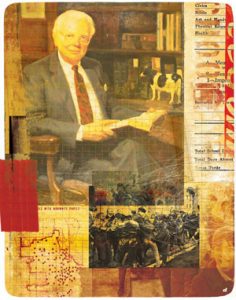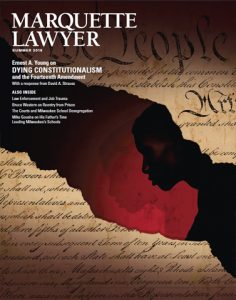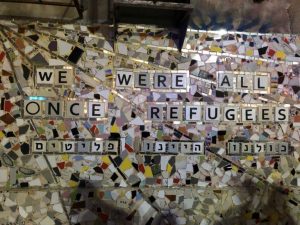Marquette Lawyer Magazine Looks at the Milwaukee Public Schools—and Seemingly Timeless Societal Problems, Especially Segregation (Post 2 of 3)
 A previous blog post discussed a pair of stories in the Summer 2019 Marquette Lawyer magazine and concluded by quoting one of them: specifically, an observation by Professor David Strauss of the University of Chicago, based on the Boden Lecture at Marquette Law School by Duke’s Professor Ernest Young, that “in the end, there is only so much the law can do to save a society from its own moral failings.” This post takes up a second pair of stories in the magazine, from which one might draw the same conclusion.
A previous blog post discussed a pair of stories in the Summer 2019 Marquette Lawyer magazine and concluded by quoting one of them: specifically, an observation by Professor David Strauss of the University of Chicago, based on the Boden Lecture at Marquette Law School by Duke’s Professor Ernest Young, that “in the end, there is only so much the law can do to save a society from its own moral failings.” This post takes up a second pair of stories in the magazine, from which one might draw the same conclusion.
While it remains a fact about the large majority of schools in the Milwaukee area now, segregation of Milwaukee school students by race was the subject of great energy—attention, advocacy, and controversy—in the 1960s and 1970s. Two pieces in this summer’s Marquette Lawyer focus on the Milwaukee education scene of that earlier era.
In one, Alan Borsuk, the Law School’s senior fellow in law and public policy, writes about the decision issued in January 1976, by U.S. District Judge John W. Reynolds, which ordered that the Milwaukee Public Schools be desegregated. “A Simple Order, a Complex Legacy” touches upon the legal history of school desegregation cases, Reynolds’ 1976 ruling itself, and the legacy of that Milwaukee ruling. To borrow a phrase from Professor Young’s Boden Lecture, there is scarcely “an optimistic, onward-and-upward feel” to the account.

 The Summer 2019 issue of
The Summer 2019 issue of 